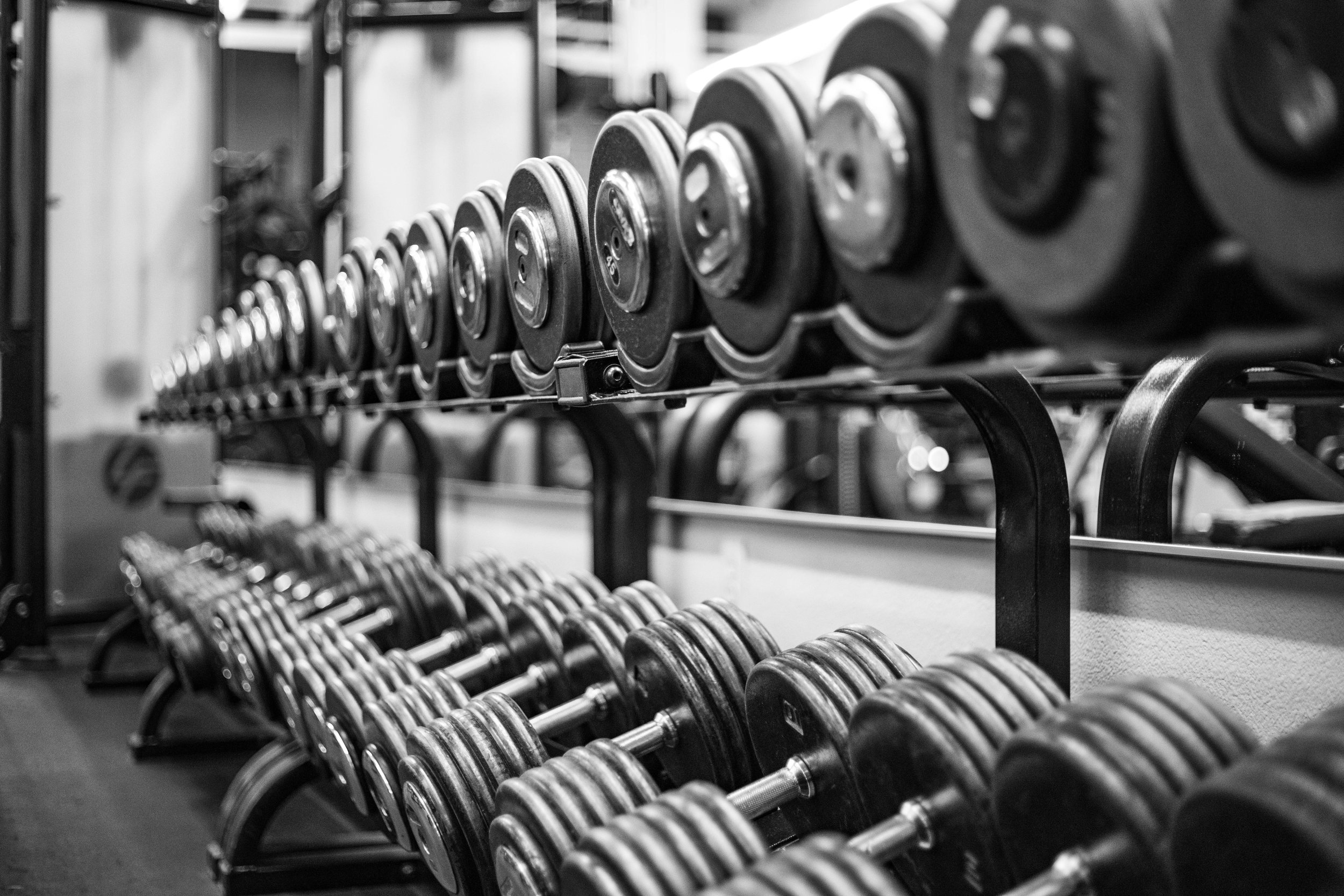
Why Rest Between Sets is More Than Just Catching Your Breath
Most people think rest between sets is just about letting their muscles recover or catching their breath. But what if I told you that your nervous system plays just as big—if not a bigger—role in your ability to perform well in the gym?
Your central nervous system (CNS) controls everything—muscle contractions, coordination, and even your ability to generate force.
Every heavy squat, explosive deadlift, or max-effort press isn’t just a test of your muscles; it’s a test of your nervous system’s ability to send signals quickly and efficiently. And like any system, it fatigues and needs time to recover between efforts.
How Your Nervous System Impacts Performance
Signal Strength & Efficiency
Every rep you perform relies on your brain sending signals to your muscles. This process is called neuromuscular communication. The harder the lift, the more signals your CNS has to fire. If you don’t rest properly between sets, those signals weaken, making your movements feel slower, weaker, and less coordinated. That’s why failing to rest long enough can make a once-smooth lift feel shaky or unstable.
Motor Unit Recruitment
When you lift a weight, your body recruits different motor units (groups of muscle fibers controlled by a single nerve). Heavy or explosive movements require high-threshold motor units—the ones that generate the most power.
But if your CNS is fried from short rest periods, it struggles to activate these motor units effectively. You end up lifting less weight, generating less power, and increasing your risk of injury because your body compensates with poor mechanics.
Reflexes & Coordination
Rest isn’t just about strength; it’s also about precision. Your nervous system controls balance, timing, and coordination—all of which get impaired under fatigue. Ever notice how your last set of a workout sometimes feels sloppier than your first? That’s your CNS running on fumes. Taking adequate rest between sets resets your coordination, helping you maintain better form and reduce injury risk.
How Long Should You Rest?
• Strength & Power (Heavy Lifting, Explosive Movements) → 2-5 minutes
• Muscle Growth (Moderate Weights, High Reps) → 30-90 seconds
• Endurance & Conditioning (Lighter Weights, High Reps) → 15-45 seconds
Final Thought:
Train Your Nervous System, Not Just Your Muscles
Ignoring your nervous system is like trying to sprint with a half-charged battery.
You might get through it, but your performance will suffer. Rest isn’t just about catching your breath or letting your muscles recharge—it’s about giving your nervous system the time it needs to fire at full capacity, maintain precision, and keep you lifting strong and efficiently. So next time you’re in the gym, don’t rush between sets. Respect the rest, and your body (and brain) will thank you.
- Santo

